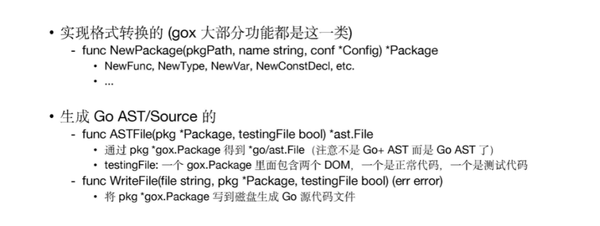

“The Amazon is much less pristine and protected than most people think it is and much more threatened than people realize,” he wrote to the AP in September. His companions traveling through the Javari Valley celebrated when coming upon one. But Phillips knew the view is different from the forest floor big hardwood trees have been logged to scarcity in many seemingly pristine areas. The book’s title was “How to Save the Amazon.” Bolsonaro has bristled at the idea it needs rescue, saying some 80% of Brazil’s portion remains intact and offering to fly foreign dignitaries over its vast abundance. “We would very much like to find a way to honor the important and essential work Dom was doing,” Margaret Stead, his publisher at Manilla Press, wrote in an email. Phillips’ optimistic message - that the Amazon can be preserved, with the right actions - could still reach the world. Sampaio told the AP that she doesn’t know what will become of her husband’s book, but she and his siblings want it published - whether only the four chapters already written or including others completed with outside help. They had begun the process to adopt a child. He was charged up by the change of scene and teaching English to children from poor communities. He and Sampaio had moved to the northeastern city of Salvador. “Not so much all the eggs in the same basket as the entire hen house.” “I’m a freelancer with nothing but a book in my life and not even enough to live on next year while I write it,” he told the AP in a private exchange in September. He had set aside newspaper work to focus on it.
DOM WRITERS PROFESSIONAL
Phillips, meanwhile, also had been preoccupied with risks to his professional future, betting on a book with wallet-wilting travel costs and praying it would resonate. Pereira had previously busted people fishing illegally within the Indigenous territory and received threats. Three suspects are in custody, and police say one confessed. Phillips described his 17-day voyage with Pereira through the remote Javari Valley Indigenous territory at that time as “physically the most grueling thing I have ever done.” This June, he was with Pereira in the same region - it was to be one of his final reporting trips for his book - when they were killed together. “Wearing just shorts and flip-flop as he squats in the mud by a fire, Bruno Pereira, an official at Brazil’s government Indigenous agency, cracks open the boiled skull of a monkey with a spoon and eats its brains for breakfast as he discusses policy.” A 2018 story for The Guardian had one of journalism’s most dramatic introductions: Phillips was also a crisp writer with an ear for readability.

His mission was to clarify the complexities of the Amazon.” “I’m grateful to have coexisted with a man who loved human beings,” his wife, Alessandra Sampaio, told the newspaper O Globo. After his disappearance, a video on social media showed him speaking with an Indigenous group, explaining he had come to learn how they organize and deal with threats. But he returned from a recent trip with spirits buoyed after meeting some reintroducing biodiversity to their land, said Rebecca Carter, his agent. Phillips spoke to farmers who deny climate change even as extreme weather threatens their crops. His allegiance was to the environment and those depending on it for survival.Īmazon deforestation has hit a 15-year high, and some climate experts warn the destruction is pushing the biome near a tipping point, after which it will begin irreversible degradation into tropical savannah. He was alarmed by Bolsonaro’s laissez-faire environmental policy, but mindful that prior leftist governments also had spotty records, often catering to agribusiness and building a massive hydroelectric dam that wrought calamitous local damage while vastly underdelivering. That didn’t stop him from attending rallies to seek the views of die-hard Bolsonaro backers. Phillips then received abuse, but no threats. Within weeks, man-made fires ravaged the Amazon, drawing global criticism, and the clip of Bolsonaro’s testy response spread among his supporters as evidence the far-right leader wouldn’t be admonished by foreign interlopers. No country in the world has the moral standing to talk to Brazil about the Amazon.” “We preserved more than the entire world. “First, you have to understand that the Amazon is Brazil’s, not yours, OK? That’s the first answer there,” Bolsonaro retorted.

Noting rising deforestation and that the environment minister had met with loggers, Phillips asked President Jair Bolsonaro how he intended to demonstrate Brazil’s commitment to protect the Amazon region. Phillips claimed the spotlight, inadvertently, during a televised press conference in July 2019.


 0 kommentar(er)
0 kommentar(er)
